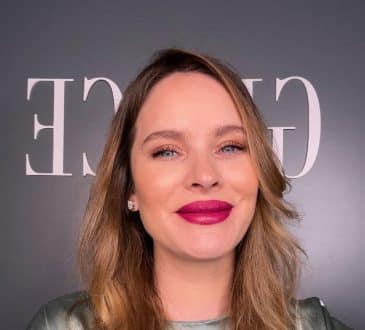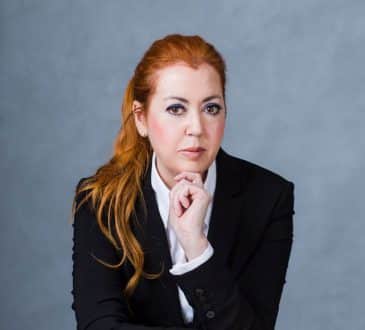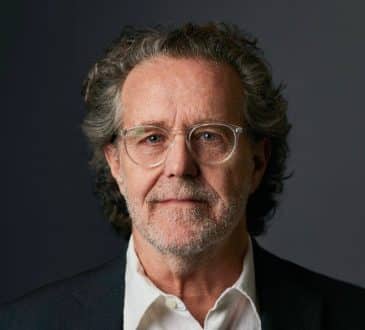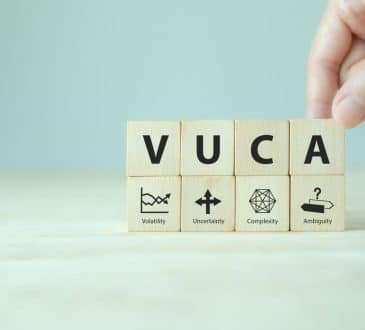A Conversation with Roger E. Merritt Jr.: Leading with Purpose
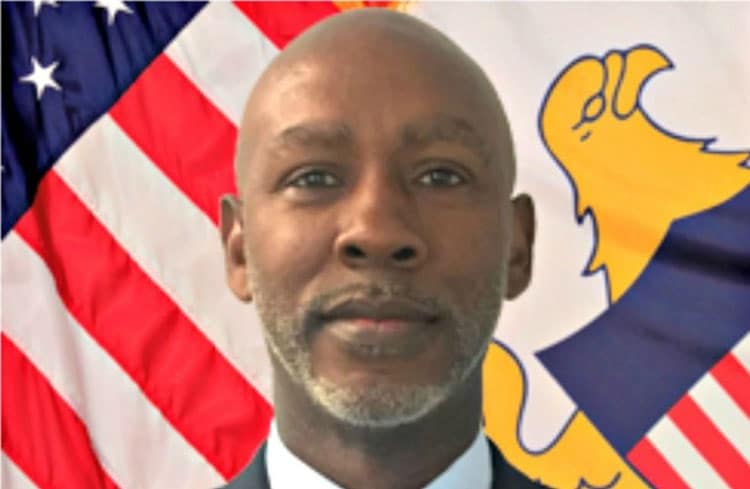
Roger E. Merritt Jr. is a seasoned leader and solid waste management consultant with nearly three decades of experience spanning both public and private sectors. His impressive career began as an environmental engineer with Georgia’s Environmental Protection Division, where he oversaw regulatory compliance for diverse facilities statewide.
He later transitioned to Waste Management Inc., where he managed environmental compliance, engineering, and operational efficiency at Georgia’s largest waste disposal site. At EnviroSolutions (ESI), he led engineering initiatives across the Northeast, achieving $21 million in cost savings through innovative programs and strong financial oversight.
His public sector work is equally distinguished. As Associate Director in Prince George’s County, he managed a $100M enterprise fund, introduced cost-saving measures that saved $30 million, and boosted employee satisfaction by nearly 50% through his approachable leadership style.
Roger has also served as a Senior District Manager on the Gulf Coast with Waste Management, Inc., and currently offers his expertise internationally as a consultant, focusing on Latin America, the Caribbean, and Small Island Developing States. With a B.S. in Civil Engineering from Texas A&M and an Executive MBA in Finance from Clark Atlanta University, Roger Merritt blends technical knowledge with financial strategy. A mentor, results-oriented leader, and trusted advisor, he is deeply committed to both environmental stewardship and the people who support it.
What inspired your initial interest in environmental engineering and waste management?
Growing up, I was always intrigued by how things work—especially systems that keep society running smoothly. Environmental engineering felt like a natural fit because it blended science, public health, and community impact. When I joined Georgia’s Environmental Protection Division early in my career, I saw firsthand how vital proper waste management is to environmental and human health. That experience shaped my passion and gave me a sense of purpose—to improve lives by protecting our environment through smarter systems.
How did your time at Georgia’s Environmental Protection Division influence your leadership style?
At EPD, I interacted with both large corporations and small municipalities. I had to translate complex regulations into actionable steps, which required empathy and strong communication. It taught me that leadership isn’t about authority—it’s about service. That foundation led to my open-door, hands-on approach. I want people to feel heard and empowered. When you listen first and lead with clarity, people trust you—and that trust creates high-performing teams.
Your work with Prince George’s County resulted in $30 million in savings. What was your approach?
It was all about digging deep into the operations to uncover inefficiencies and missed opportunities. We scrutinized contracts, evaluated fleet performance, and introduced scalable process improvements. But equally important was earning the trust of the frontline staff. By showing them that change was not just top-down but collaborative, we created a culture of shared ownership. Once everyone understood the “why,” the “how” became easier—and the results spoke for themselves.
What’s been the biggest challenge transitioning between public and private sectors?
Each sector has its own pace and priorities. In the private sector, the focus is often on profitability and market share, while in the public space, it’s about serving communities and complying with broader regulations. Balancing these goals—efficiency versus equity—can be complex. But I see my role as a translator between those worlds, helping each understand the other’s priorities while still achieving measurable outcomes.
Can you describe a project that you consider a turning point in your career?
One of the most transformative was my tenure at EnviroSolutions. As Director of Engineering, I had the opportunity to lead multiple construction projects across the Northeast. We saved over $21 million by optimizing processes and enforcing strict regulatory adherence. That success validated the integration of engineering with financial acumen. It was a clear moment where my dual strengths created tangible value and solidified my belief that leadership must be both technical and strategic.
You’re known for empowering employees—what’s your philosophy on mentorship?
I believe mentorship is the highest form of leadership. Titles fade, but impact remains. I’ve always told my team, “My job is to make sure you succeed—even if it means you eventually outgrow your role here.” I stay in touch with many former colleagues who tell me I made a difference in their careers. That’s incredibly rewarding. Mentorship fosters loyalty, creativity, and resilience—qualities every organization needs to thrive.
How do you approach international consulting, particularly in Latin America and SIDS?
Cultural understanding is crucial. What works in the U.S. might not be feasible—or even appropriate—elsewhere. I begin by listening: What are the local challenges, values, and resources? Then I tailor solutions that fit those unique contexts. Technical expertise is important, but humility and collaboration are even more so. My goal is to build local capacity, not dependency, so communities can sustain progress long after I’m gone.
What role does innovation play in your work today?
Innovation isn’t just about technology—it’s about mindset. I constantly ask, “How can we do this better, faster, and more sustainably?” Whether it’s using data analytics to track fleet performance, using an alternate daily cover at landfills, or developing circular economy models for small islands, innovation drives impact. I also believe in empowering teams to think creatively. When people feel safe to suggest new ideas, you often discover breakthroughs hiding in plain sight.
How do you maintain your passion after nearly 30 years in the field?
It comes down to purpose. Waste management isn’t glamorous, but it’s essential. Knowing that my work directly improves health outcomes, protects ecosystems, and supports communities keeps me motivated. Plus, I genuinely enjoy solving complex problems. Every challenge is a puzzle waiting to be solved. That curiosity, combined with a people-first philosophy, keeps the work fresh and fulfilling.
What advice would you give to young professionals entering the environmental or public works space?
Don’t underestimate the power of listening. Learn from everyone—operators, engineers, policymakers. Be curious, ask questions, and don’t chase titles—chase learning opportunities. Also, invest in both technical skills and people skills. You can have the best solution in the world, but if you can’t communicate it effectively, it won’t go far. Finally, stay grounded. The work we do has real consequences. Treat it with the seriousness and respect it deserves.
Have you read?
The World’s Best Medical Schools.
The World’s Best Universities.
The World’s Best International High Schools.
The World’s Best Business Schools.
The World’s Best Fashion Schools.
The World’s Best Hospitality And Hotel Management Schools.
Bring the best of the CEOWORLD magazine's global journalism to audiences in the United States and around the world. - Add CEOWORLD magazine to your Google News feed.
Follow CEOWORLD magazine headlines on: Google News, LinkedIn, Twitter, and Facebook.
Copyright 2025 The CEOWORLD magazine. All rights reserved. This material (and any extract from it) must not be copied, redistributed or placed on any website, without CEOWORLD magazine' prior written consent. For media queries, please contact: info@ceoworld.biz




